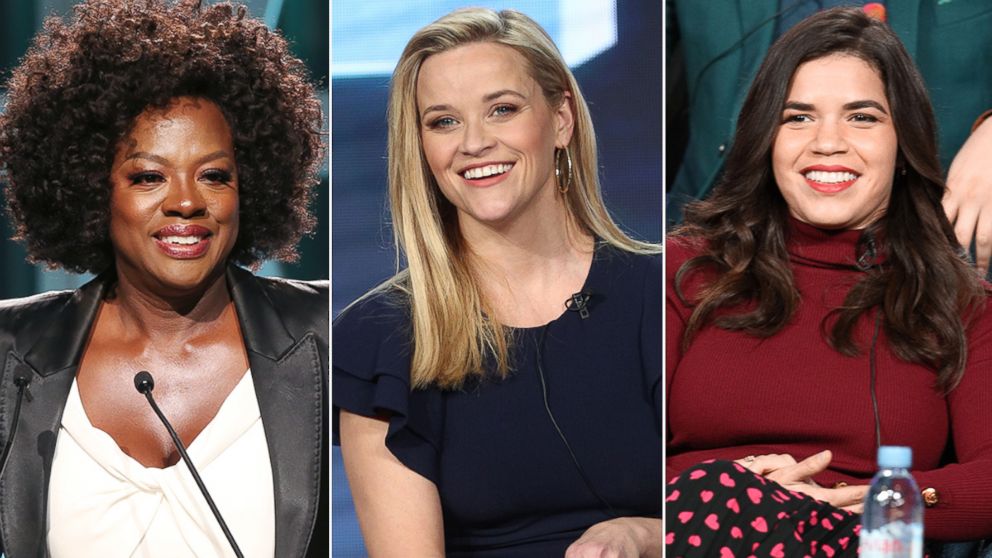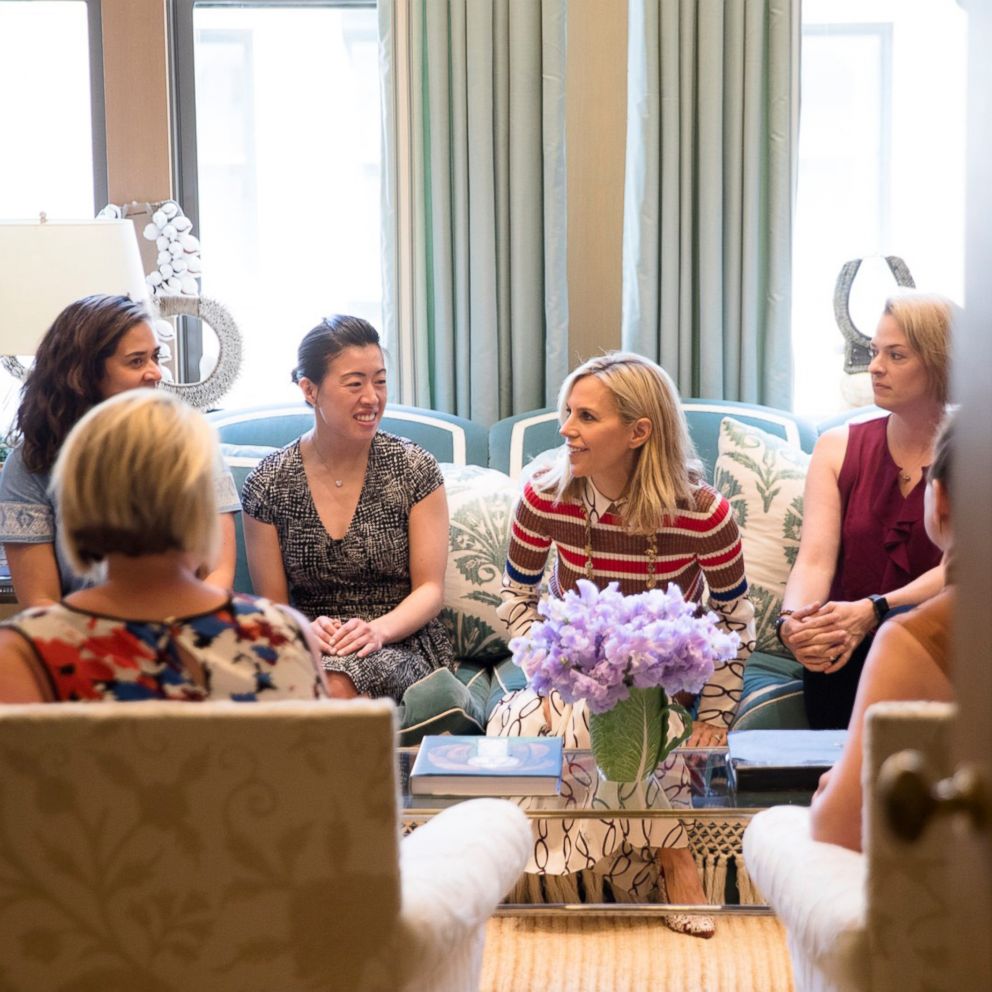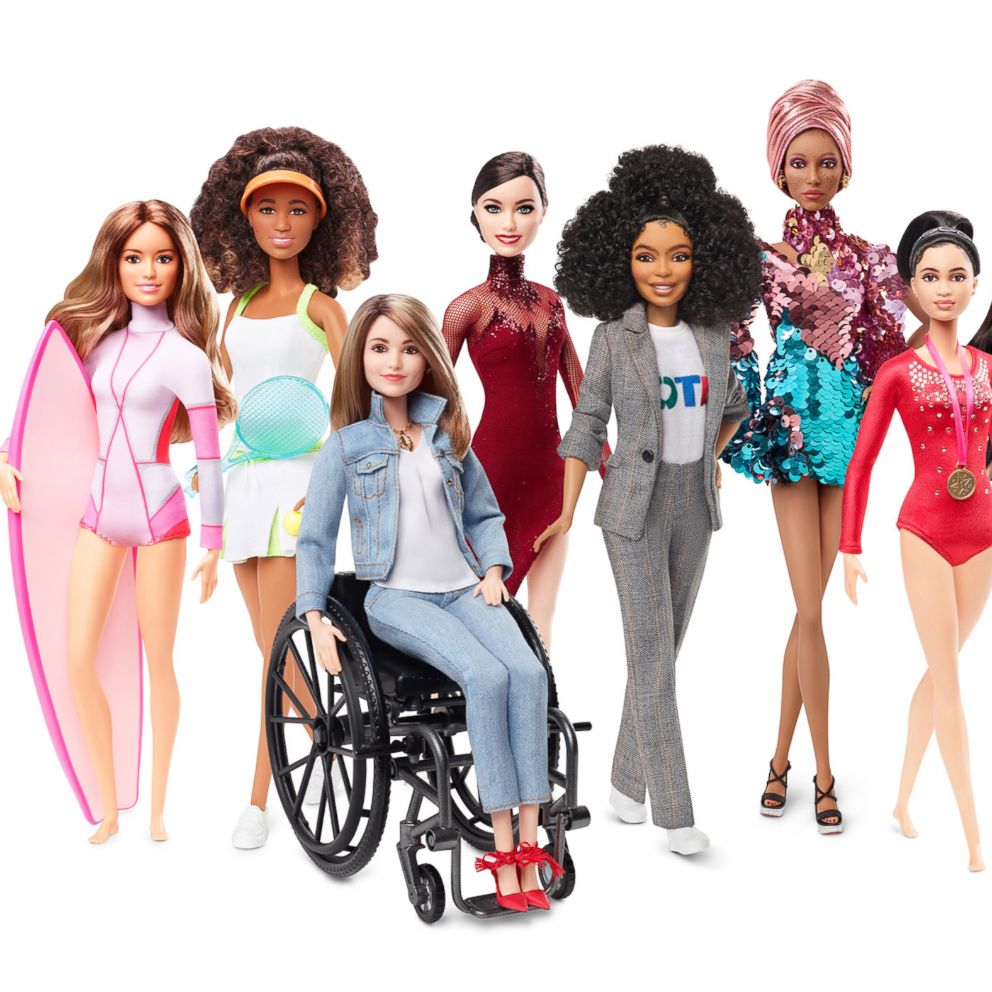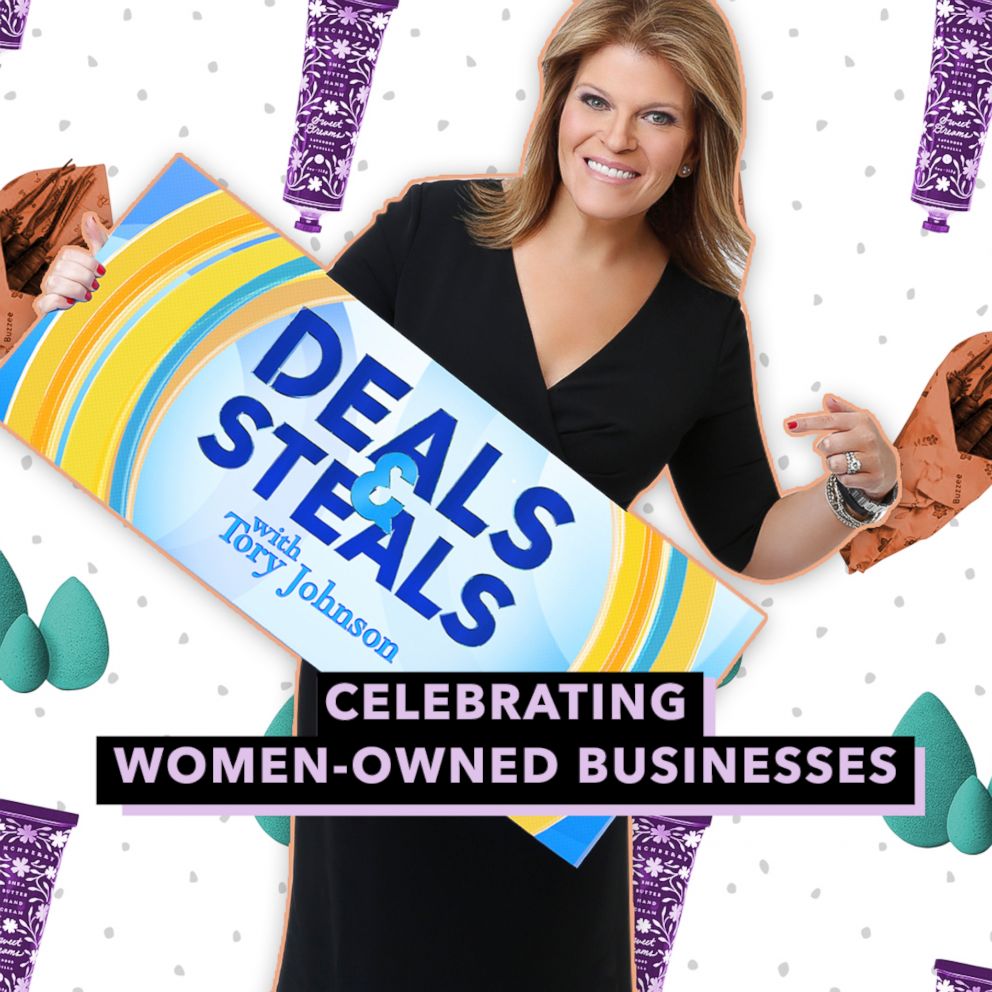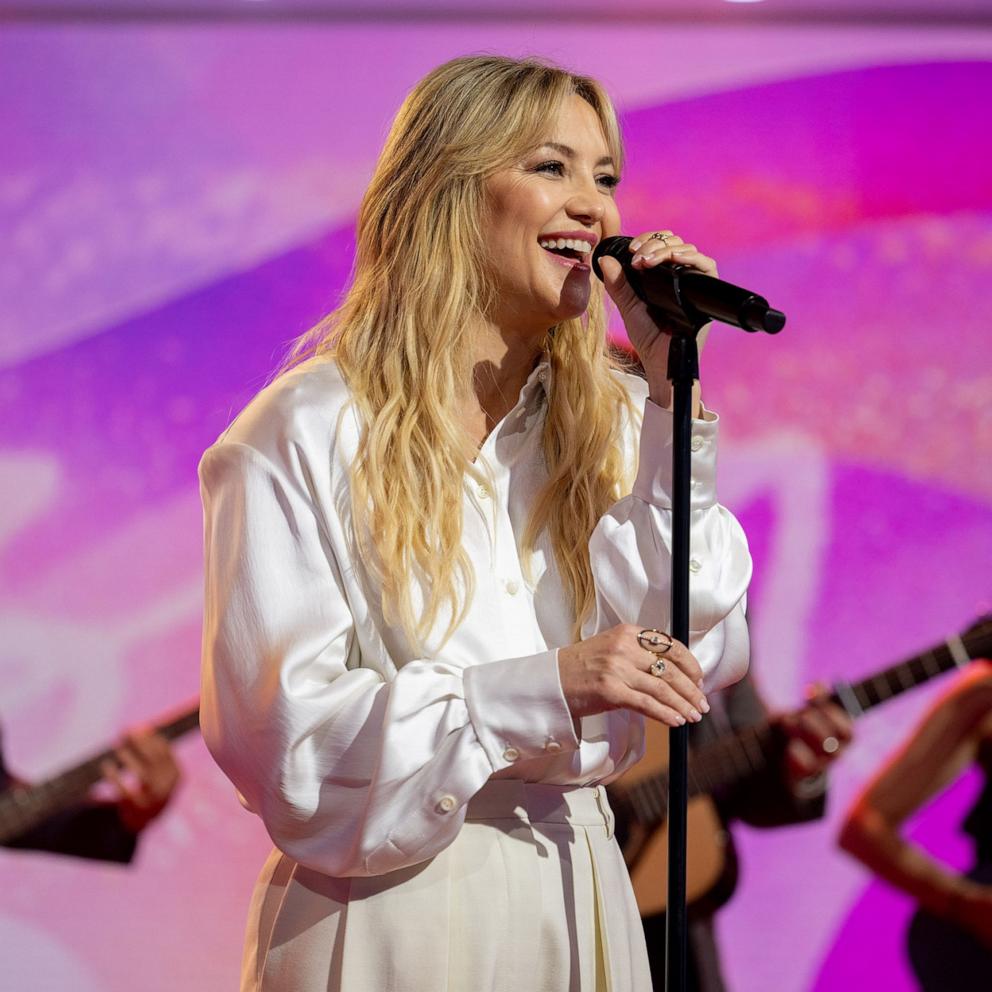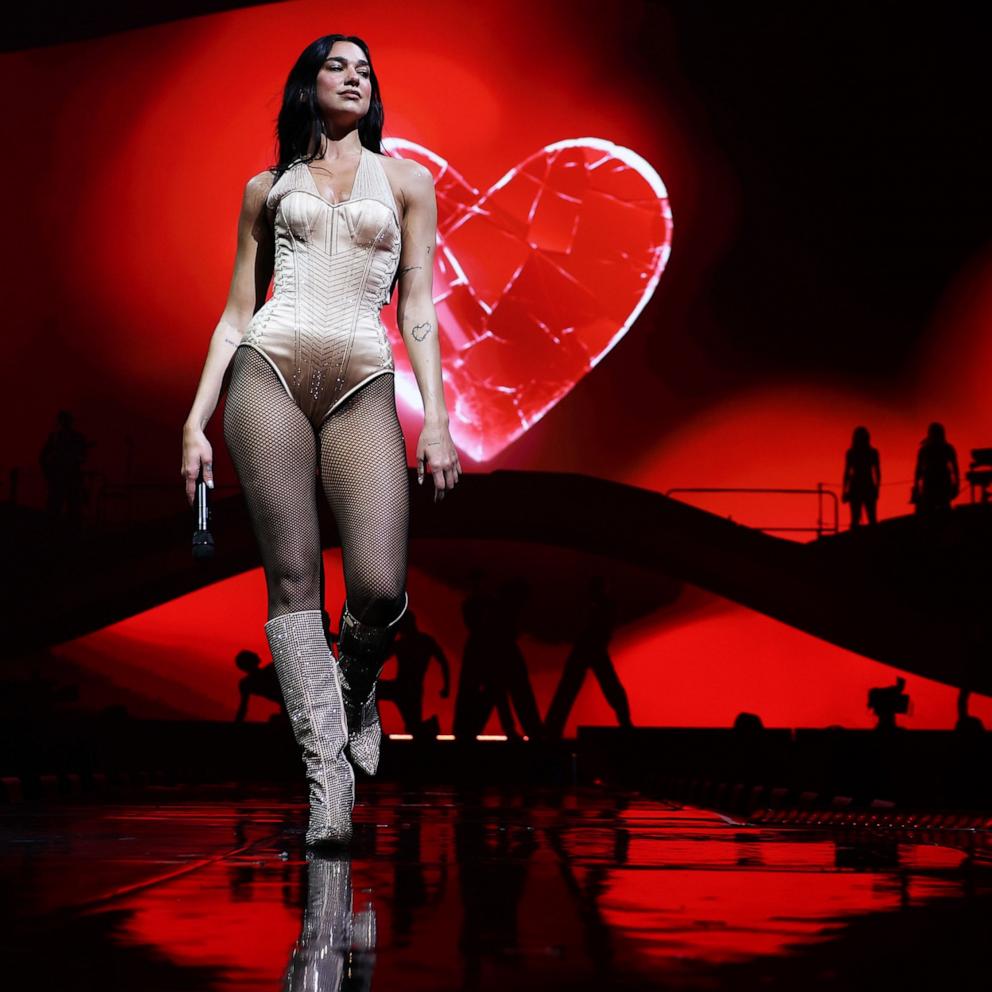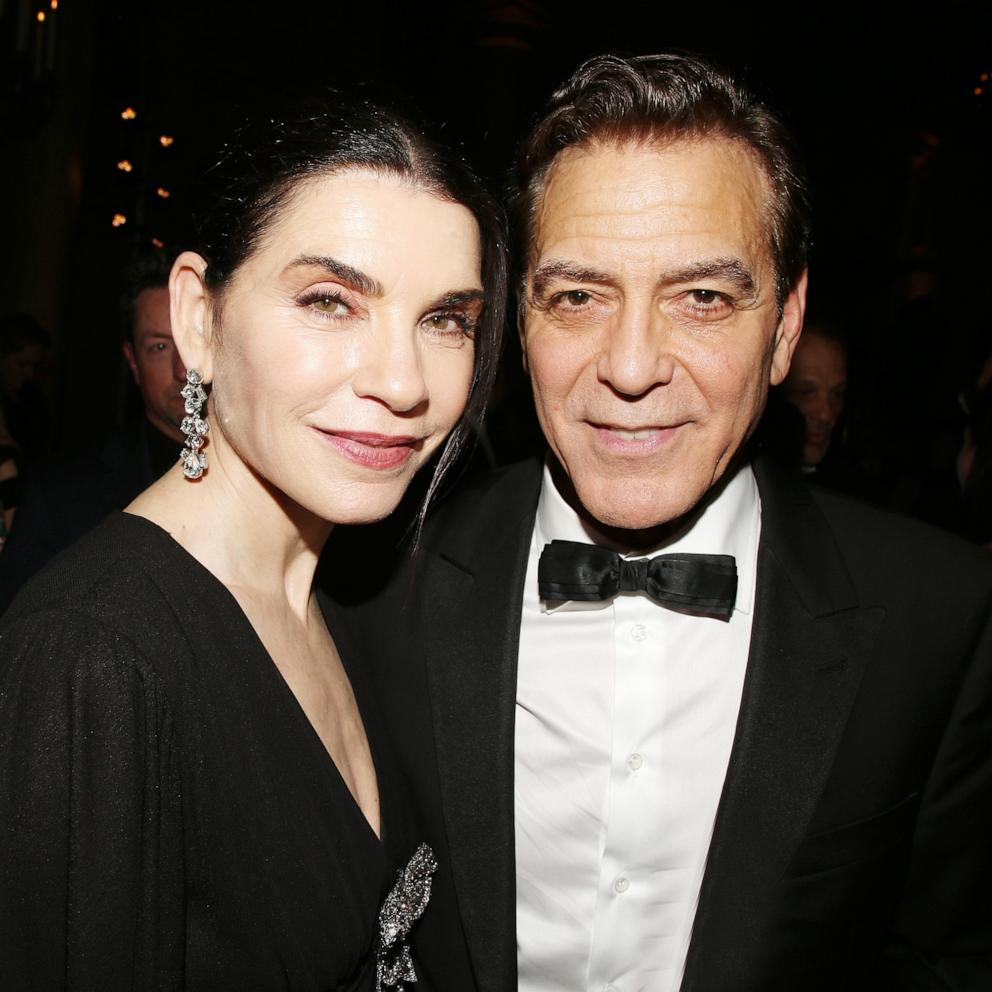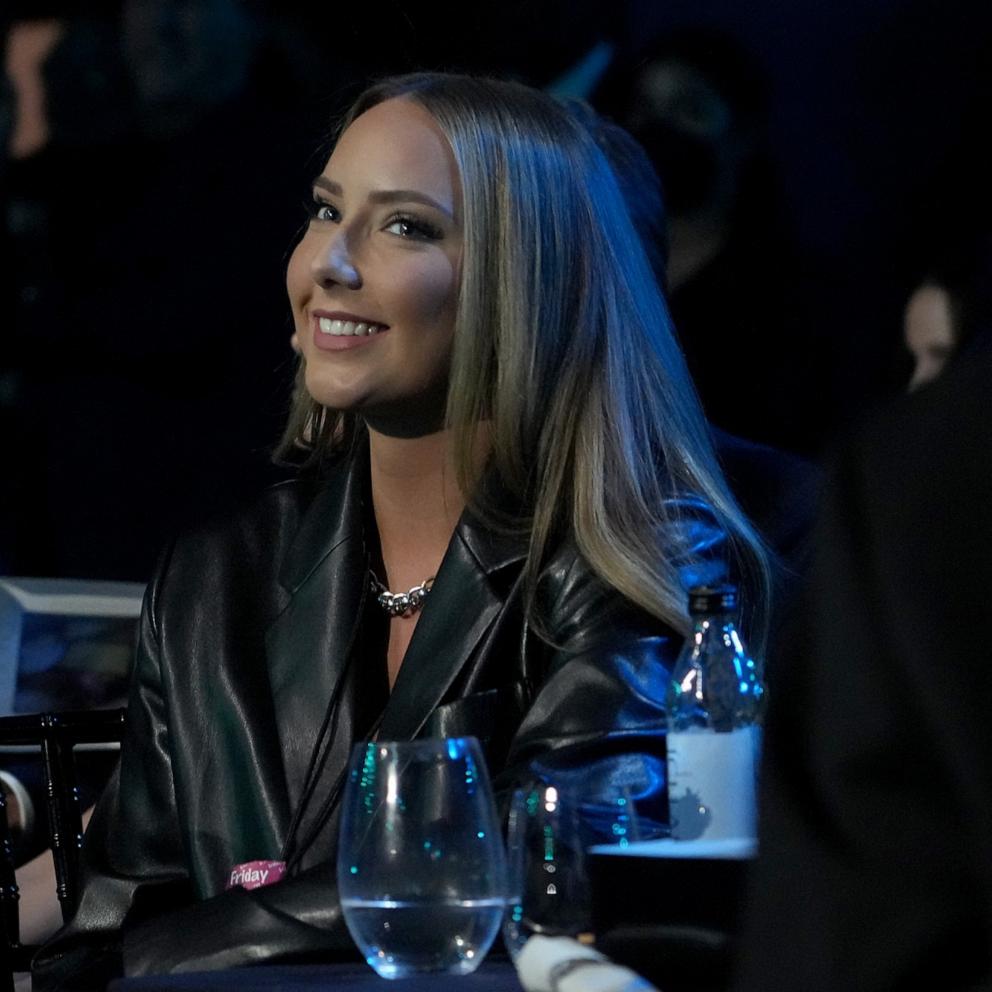International Women's Day: 10 of the most powerful quotes from women in Hollywood
International Women's day is finally here.
With the emergence of the Time's Up and the #MeToo movements the past few years, women in Hollywood have used their voices to push for change and gender parity across industries.
Members of the entertainment industry used their platforms in 2019 to show support for the more than 100 women who publicly accused Harvey Weinstein of sexual abuse, and the six women who testified at his trial.
Actresses and screenwriters were among those who spoke out about the lack of female nominees in revered directing categories during major award shows.
The continued push for change showed that women will continue to call out injustice until the industry catches up to them.
Check out some of our favorite empowering quotes from female leaders in Hollywood about everything from representation and diversity to gender bias and fighting for what's yours.
Reese Witherspoon
In a personal essay for Glamour in 2017, Witherspoon spoke about what women can do to become "more seen" in society.
"All we can do to create change is work hard," she wrote. "That's my advice: Just do what you do well. If you're a producer, you've got to produce. If you're a writer, you've got to write. If you're in corporate America, keep working hard to bust through the glass ceiling. If you want our voices to be represented in government—and I think we're all getting behind that idea now — encourage women to run and help them with their campaigns. If you are one of those people who has that little voice in the back of her mind saying, 'Maybe I could do [fill in the blank],' don't tell it to be quiet. Give it a little room to grow, and try to find an environment it can grow in."
Viola Davis
Davis delivered an impassioned speech on equality at the 2018 Women's March.
"I am speaking today not just for the 'Me Too's' because, I was a 'Me Too,' but when I raise my hand, I am aware of all the women who are still in silence. The women who are faceless. The women who don't have the money and don't have the constitution and who don't have the confidence and who don't have the images in our media that gives them a sense of self-worth enough to break their silence that's rooted in the shame of assault. That's rooted in the stigma of assault."
"I stand in solidarity of all women who raise their hands because I know that it was not easy," she continued. "And my hope for the future — my hope, I do hope — is that we never go back. That it's not just about clapping your hands and screaming and shouting every time someone says something that sounds good. It's about keeping it rolling once you go home."
America Ferrera
While discussing her role on NBC's "Superstore," with The New York Times, she spoke about the importance of representation in television.
"Our writers aren't sort of pulling issues from the headlines. They are mostly driven by the characters in the show," she said. "And this is where the real necessity for diversity is exemplified. It's so that the storytelling is rich and compelling and relevant to today because that is what our world actually looks like. That is what our culture should be reflective of — all the different points of view and real-life experiences that one has as an American."
Brie Larson
During an interview with The Hollywood Reporter, Larson spoke about her role in "Captain Marvel," in which she plays the first solo female Marvel superhero.
"There's this sense of setting this thing up," Larson said. "I know it's exciting and fun to be like, 'Will it sink or will it float?' 'What's going to happen?' 'Can women exist in the world?' 'We're not sure yet!' But women have been opening movies since the silent era. We have been part of every major art movement. People just push us away once the movement gains momentum and act like we were never really there."
Alicia Keys
The 15-time Grammy winner spoke about the need to continue to push for change in the face of discrimination in an interview with Variety.
"Until we're in those rooms as equally as men are, it can't shift," she said. "We have to infiltrate our industries. Period. We have to. That alone will shift the power balance."
"I want [my sons] to grow up in a world where they'd never think boys are better than girls — or that black is better than white," she said. "And yet I also want them to have the pride of their history and their ancestry, because when we know our individuality we can really have empathy and feel strong."
Priyanka Chopra Jonas
Chopra Jonas spoke about breaking into the film and entertainment industries with Glamour in 2017.
"You will be rejected. I was rejected many times. I cried," she said. "I was told that female actors are replaceable in films because they just stand behind a guy anyway. I'm still used to being paid — like most actresses around the world — a lot less than the boys. We're told we're too provocative or that being sexy is our strength, which it can be, and it is, but that's not the only thing we have. So there are so many things that you will be told. It'll be scary. There will be strife. But women have incredible endurance and incredible strength. Your ability to deal with it is within you."
Natalie Portman
The actress, a vocal proponent of Time's Up, reflected on the importance, progress and impact of the movement in an interview with Variety.
"It's also very, very upsetting that so many people have been hurt by this kind of behavior, and I think we need to start talking about what we're going to do for those people," she said. "Let's talk about what about generations of women and sometimes men who have been completely pushed out of careers, who have lost decades of work and decades of income and decades of creative expression because of this. What's the restitution for them? What can we do to bring them back, to see their art, to experience what they have to offer? ... Let's focus on the dozens of female directors that haven't gotten to have their voices, female writers who haven't gotten to express themselves or have their work be expressed, and actresses and all of these people who have not had the opportunities that they deserve."
Kerry Washington
Washington spoke to the crowd about the importance of believing in your worth at the 2017 Women's March.
"Six months from now, a year from now, if you feel like, 'Wow, there is an agenda at work to make me feel like I don't matter, because I'm a woman my voice doesn't matter, because I'm a person of color my voice doesn't matter, because I'm an immigrant, because I'm a person of the LGBTQ community, because I'm an old person, because I'm a young person, because I have a f------ voice, I don't matter.' You matter!" she said.
Emilia Clarke
The actress wrote a powerful essay for Huffington Post UK about how her family life shaped the way she viewed and embraced feminism in 2017.
"My life has been shaped by a true sense of equality; it was never an overt 'for crying out loud Emilia is just as capable as her brother!' It was simply etched into every action, choice, and behavior of my family," she wrote. "It was a recognized matter of fact that I, as a woman, was no different to my brother. Just as my mum was no different from my father in their careers, therefore I was raised in an equal earning, equally managed household that showed me anything a man could do, a woman could and should do too."
"So I grew up with a voice, but it was not a shared voice of a generation, and it was only much later I realized what an incredible, feminist, start to life I had been given," she added.
Jessica Chastain
Chastain helped her former co-star Octavia Spencer make five times her salary for a film after she heard about their difference in pay.
She spoke about what compelled her to speak out in support for Spencer with The Hollywood Reporter.
"In an industry that for the longest time had pitted women against each other, it's really important for me and my company to create a space where everyone understands that actually we do better together," she told the outlet. "Your silence is your discrimination. So if you are succeeding in an environment where there is discrimination, you are actively being discriminatory. I knew women of color got paid less than Caucasian actresses. What I didn't know is someone of Octavia's level, who had an Oscar and two Oscar nominations, how much less she would be getting paid. When she told me what she was making, that's what really made me go, 'Hold up, that doesn't compute in my brain.'"
(Editor's note: This story was originally published on March 8, 2019).
